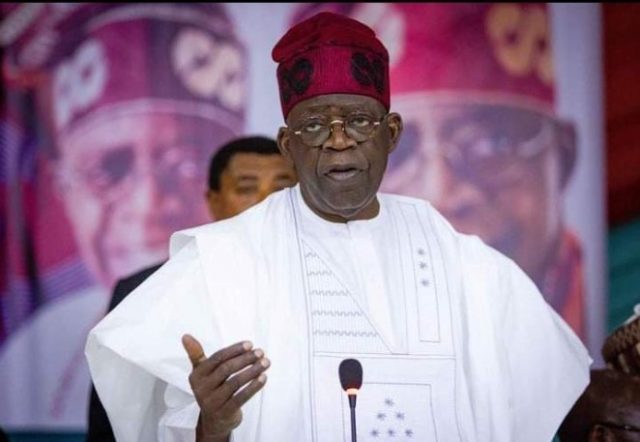The Federal Government, on Sunday, announced that it attracted over $2bn in investments in the renewable energy sector over the past decade.
It announced this through the Rural Electrification Agency, adding that in advancing these achievements, it established partnerships with the World Bank, African Development Bank, Global Alliance for People and Planet, Rocky Mountain Institute, and Japan International Cooperation Agency.
Others include the Sustainable Energy for ALL, Agence Française de Développement, the United Kingdom Nigeria Infrastructure Advisory Facility, European Union, United Nations Industrial Development Organisation, Global Environment Facility, United States Agency for International Development. among others.
The Director, Promotion and Outreach, Mutari Ibrahim, who disclosed this in a statement issued in Abuja, said, “From 2020 to date, REA has provided power to over 7.5 million people including 1.5 million households, delivering 130 mini-grid projects, including 1.3 million standalone home systems. The agency has equally deployed over 1,650km of solar street lights, improving power, security, and economic growth in rural areas.
“REA completed 1,403 projects under the capital budget, delivering solar street lights, mini-grid projects, standalone home systems, and grid extension works. Through various programmes, including Energizing Education Programme, Energising Agriculture Programme, Beyond COVID-19, and Economic Clusters, REA delivered over 65 megawatts of power across Nigeria’s six geo-political zones.
“REA has delivered over 500MW of power, electrified numerous communities, created 500,000 new jobs, and attracted over $2bn in investments in the renewable energy sector over the past decade.”
The Federal Government agency stated that in 2022, as part of the National Poverty Reduction and Growth Strategy programme, the REA secured an additional N4bn in capital injection grants.
It said the grants were to provide clean power standalone home systems to over 50,000 locations, including rural homes, micro-businesses, schools, and faith-based institutions.
“Most recently, on the back of the success of the Nigeria Electrification Project, REA negotiated and secured the advance approval of a $750m facility with the World Bank to expand renewable and rural electrification initiatives, providing additional resources to Nigeria during a challenging period.
“In response to subsidy removal, REA is implementing interventions to develop electric mobility, mini-grids, distribute home systems, and deploy streetlights, potentially supporting up to 250,000 households in the coming year,” the agency stated.
SOURCE: PUNCHNG


